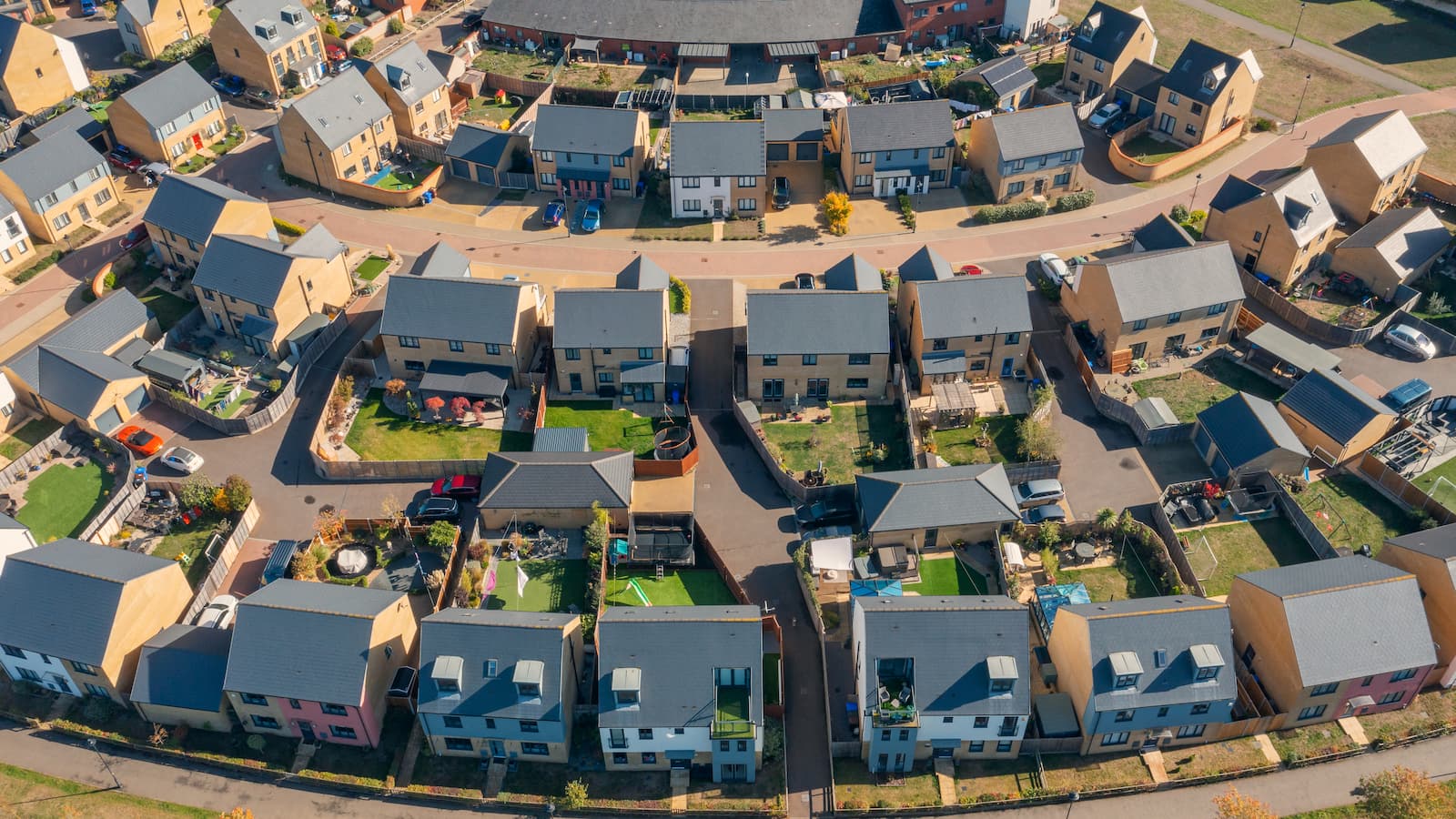Housing market set to receive a boost following the general election
Experts are predicting the housing market will experience a boost in activity following the general election

The housing market could be set to experience a boost after the general election in July, according to market experts.
With inflation levels falling and house prices receiving a boost after months of annual decline the election could provide much needed relief to the flagging market.
We look at what the experts are saying and how much of an impact the general election will have on the housing market.
Base rate predicted to fall
The Consumer Prices Index (CPI), the main indicator of inflation levels, fell to 2%, its lowest rate in almost three years in May.
As interest rates determine the levels the Bank of England sets the base rate, which is tied to mortgage rates, it is expected to fall with even the Bank deputy governor Ben Broadbent saying it "could be cut some time over the summer”.
Industry experts are widely predicting it to fall to 4.5% by the end of the year and John Bryson, Professor at Birmingham Business School, has even suggested the decision to reduce the bank rate was put off due to the general election.
He said: “The Bank has stressed that the timing of the general election had no bearing on the decision to keep rates at 5.25%, and that this was an apolitical decision.
Get the Homebuilding & Renovating Newsletter
Bring your dream home to life with expert advice, how to guides and design inspiration. Sign up for our newsletter and get two free tickets to a Homebuilding & Renovating Show near you.
He added that "the next government will benefit from an eventual interest rate reduction" which should translate to lower mortgages and a rise in activity in the housing market.

Professor John Bryson holds the Chair in Enterprise and Economic Geography at Birmingham Business School. His research is driven by a commitment to elucidating the intricate organisation of production across different spatial contexts and locations, employing a diverse range of enterprise models.
House prices surging after months of decline
As well as lower mortgage costs the housing market has recently seen a surge in house prices, with the average price hitting £281,000 in April 2024, marking a 1.1% increase over the past year, according to the latest ONS house price index.
This uptick follows a 0.9% rise in March 2024 and breaks an eight-month streak of annual price declines.
This growth is seen all across the UK, the housing market is seeing varied growth. In England, average house prices climbed to £298,000, up by 0.6%.
In its latest five-year outlook for house prices, Savills now predicts a 2.5% increase in the average home value over the rest of the year.
Lucian Cook, Head of Residential Research at Savills, said: “The outlook for 2024 has improved since our last forecast as mortgage costs have nudged down slightly and are much less volatile.”

Lucian Cook, a highly respected housing market commentator, has been a director in the Savills research team since 2007. Initially, he specialised in valuation advice and strategic management for various clients. Now a prominent media figure, Lucian leads a team of 25 researchers covering diverse housing market segments and offers consultancy services to landowners, developers, housebuilders, and investors.
Impact of previous general elections
Historically, the anticipation, uncertainty, and outcomes of elections have influenced property transactions. A report from Dataloft, commissioned by Winkworth Estate Agents, analysed Land Registry data from the past seven elections, revealing trends in market activity and prices.
In the lead-up to elections it was revealed there tends to be a slowdown in property transactions due to pre-election uncertainty, causing hesitancy among buyers and sellers.
This pattern has been observed in six of the last seven elections. However, post-election, there is typically a surge in market activity as political clarity returns, with the "Boris bounce" following the 2019 election being a notable example.
As well as this, spring is traditionally the prime selling season, with 27% of sales occurring during this time over the last five years, excluding 2020.
Couple this with political parties promising to raise the Stamp Duty threshold for first-time buyers, if elected, such as the Conservatives, Labour, Liberal Democrats and Reform, it could be a perfect storm for people looking to buy homes after the General Election.

News Editor Joseph has previously written for Today’s Media and Chambers & Partners, focusing on news for conveyancers and industry professionals. Joseph has just started his own self build project, building his own home on his family’s farm with planning permission for a timber frame, three-bedroom house in a one-acre field. The foundation work has already begun and he hopes to have the home built in the next year. Prior to this he renovated his family's home as well as doing several DIY projects, including installing a shower, building sheds, and livestock fences and shelters for the farm’s animals. Outside of homebuilding, Joseph loves rugby and has written for Rugby World, the world’s largest rugby magazine.
